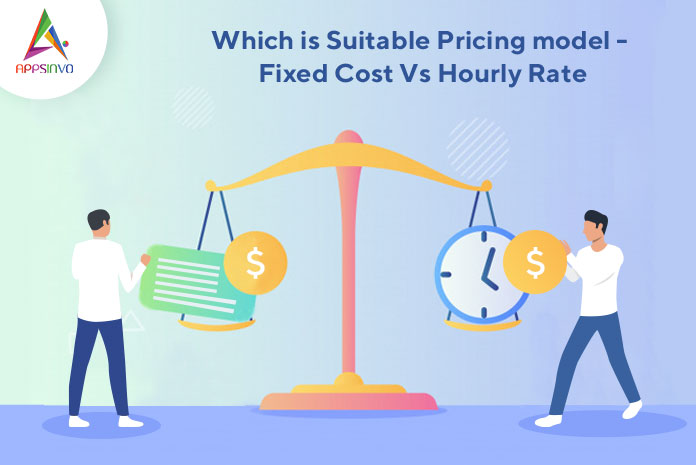When a business or startup owner plans to develop a website or a mobile app, he normally ponders about some basic points and a number of vital factors. The first thing to arrive in the context is the app idea that should clearly mention the features. This makes the clients curious about how much it cost to develop a mobile or web app.
But the truth is that even the mobile app developers are unable to tell you the exact cost of the app development. Therefore, it becomes crucial for clients to know which elements can affect the development cost of your app whether they are developing for any platform from Android or iOS, hybrid or native.
The factors that can influence the cost of the app development are geolocation of the team, technical aspects, UI/UX designs, testing, and many more. Moreover, if you want to develop an MVP model with additional features, you will have to pay more.
Have you ever heard about the pricing models for app development that helps to determine the cost of the app? Many clients do thorough research on this topic before getting in touch with the app development companies. If you take a look at the app development market, most of the companies follow two pricing models
- Fixed cost model
- Hourly rate model
Therefore we have decided to explain the most common pricing models in today’s blog and help you to figure out which is ideally suitable as per your project.
Fixed Cost Model
The name of this model explains itself, it implies a fixed budget with very little or no option to make any changes once the project is seized. The timeline and cost of the project totally depend upon the agreed term in advance. In this model, normally the app idea, functionalities, implementation of the features, and the choice of the platform are all pre-defined earlier.
With this model, you need to remember the fact that not even a single change is allowed once the terms and conditions are frozen. Therefore before finalizing everything you should be very clear about the feature you want to incorporate into the app.
Features of the Fixed Cost Model
- Due to the deadline factor, there is a risk in this model.
- You can not ask for any changes in any circumstances within the timeline.
- The budget of the project is pre-decided with the mutual understanding of the developer and the client.
- Due to the deadline, the project must be completed within the specified timeline.
Advantages of the Fixed Cost Model
- The tasks agreed upon in the contract that carried out.
- There is no space for changing the budget once the project is signed.
- There is no need to control the project.
Disadvantages of the Fixed Cost Model
- This model is not so flexible to make any changes
- Because all things are pre-decided so before finalizing the deal it takes a long planning process.
Hourly Rate Model
This model is also known as the time and material model, this is kind of much straightforward. The cost of the project is determined on a per hour basis which varies from area to area and from one company to another. The cost of the app depends upon the total number of hours worked by the development team to finish the project.
This hourly rate model is more preferable for clients who really seem to take a great interest in what is going behind the scenes. Due to the flexibility in nature, your changes, suggestions, and verdicts are most welcomed by the development team to improve the quality of the project.
Features of the Hourly Rate Model
- This pricing model depends upon the hours of coding developers are giving to the project.
- The cost of the project is not predefined, it may vary if the development time increases or decreases.
- Not only the cost of the project is flexible, but the timeline of the project is also flexible.
- In the whole project, the client is also involved and gives its valuable suggestions time-to-time.
Advantages of the Hourly Rate Model
- The charges are only for the time that the app development team is giving to your project.
- You can easily add something to your project meanwhile the development process.
- This model allows you to make changes in the product as much as possible.
Disadvantages of the Hourly Rate Model
- Since the project is flexible, the final date of launching the date may change
- Some unreliable developers may take overtime to complete the whole project.
- This model is not suitable for those who have limited time and budget.
The Final Call
So, in this article, we have discussed in detail the two most popular pricing models that almost every top mobile app development company follows to cater to any project. After knowing about the characteristics, pros, and cons of both models it totally depends on the requirements, budget, and client to what they choose. So choose the business model as per your project requirements and if you have any queries related to this, feel free to contact us.
Till then, stay safe, stay at home, wash your hands, and be happy
For more updates, stay connected and keep reading
Toddles!!














